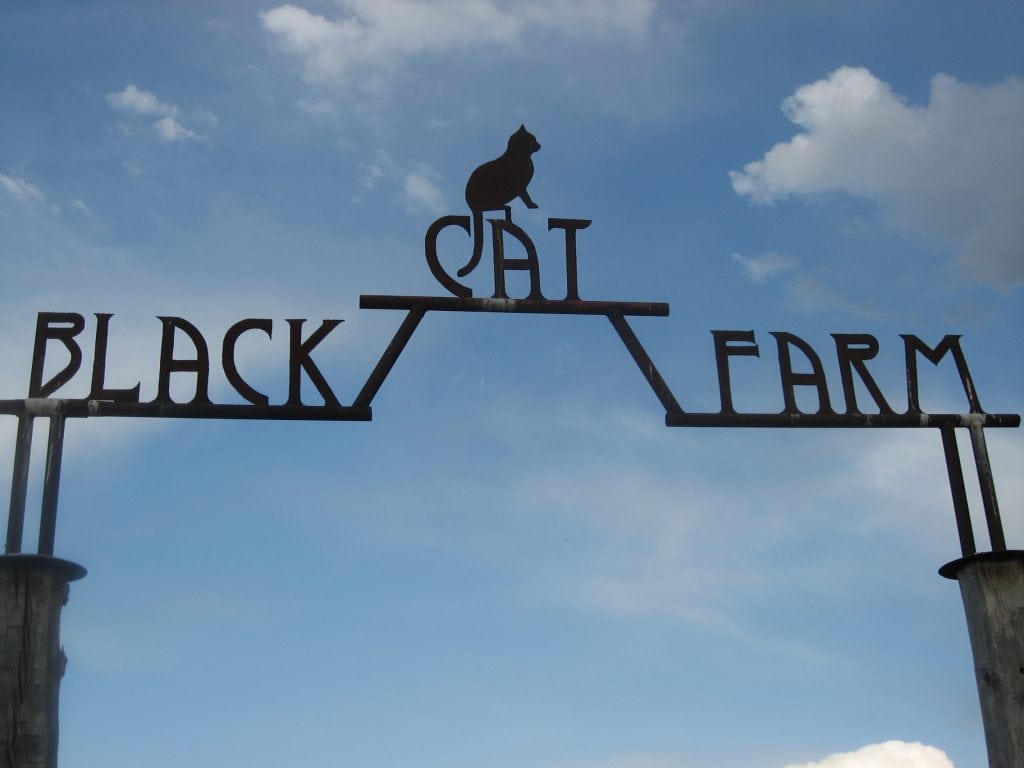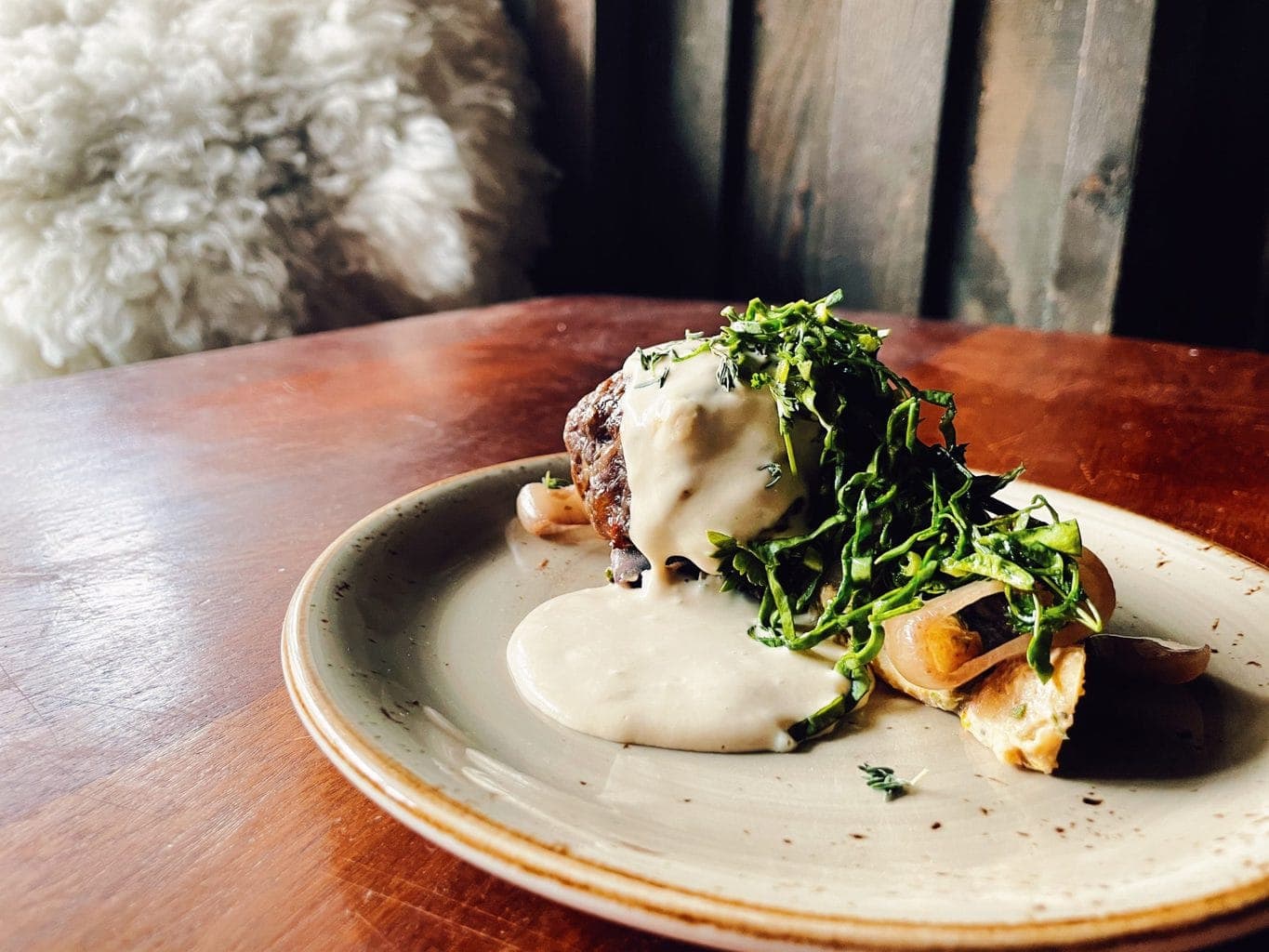
A lot of farmers and home gardeners were hit hard by last night’s tumultuous weather. We were very lucky. The main cell of the storm bypassed us narrowly. While the fields are super muddy because of all of the rain, the hail and tornadoes missed us. The crops are fine though the harvesting is slow because of the mud. We are hoping for another period of sunshine to commence soon.
Ironically, Eric said that he made his first call for irrigation water for today. If that’s the extent of mishaps for us, we’ll take it.
The Black Cat Farm booth at the Boulder Farmers’ Market will include the following produce on June 6, 2015:
- Arugula
- Asian greens mix
- Baby fennel
- Baby kale
- Baby leeks
- Baby pak choi flowers
- Baby Swiss chard
- Celery
- Cilantro
- Chrysanthemum greens
- Cilantro
- Fava bean tops
- Lettuce, Tom Thumb
- Lettuce mix
- Mizuna
- Mustard greens
- Parsley
- Pea shoot greens
- Radish greens with flowers
- Rapini
- Spring onions
- Sorrel
Black Cat Farm corn meal and Mulefoot pork cuts will also be available.
New and future produce
Tomorrow’s market brings pea shoot greens, fava green tops, and baby leeks for the first time this year.
Pea shoots can be eaten raw or sauteed. Because of the prolonged cold and wet weather, we won’t have peas to bring to the market for several weeks. However, once peas are ready, we will have a very good supply during the perennially short pea season.
Fava green tops are great to saute. We will be featuring them this week at Black Cat Bistro and Bramble and Hare. We currently have fava bean pods with very small beans in the fields and anticipate that the fava beans will be ready in two weeks.
Polenta with Black Cat Farm cornmeal
There was a lot of interest in Black Cat Farm cornmeal last weekend along with questions about making polenta with it.
Polenta is essentially corn mush or gruel that can be used with any grind of cornmeal, coarse, fine, or anything in between. In Italy, it was sometimes made with other grains, such as buckwheat.
For creamy polenta, use two parts of water to one part of cornmeal. For firm cornmeal, use a 1-to-1.5 ratio of water and cornmeal.
When making cornmeal, Eric recommends that you:
1. Whisk the cornmeal, salt, and cold water in the pot before applying, instead of starting with pouring cornmeal into boiling water.
2. Start with low heat and slowly raise the heat to medium high, stirring regularly with a rubber spatula until the polenta is finished. This could take 45 minutes or longer.
The beauty of this technique is that your polenta should be smooth and not lumpy and it will not splatter all over your stove.
